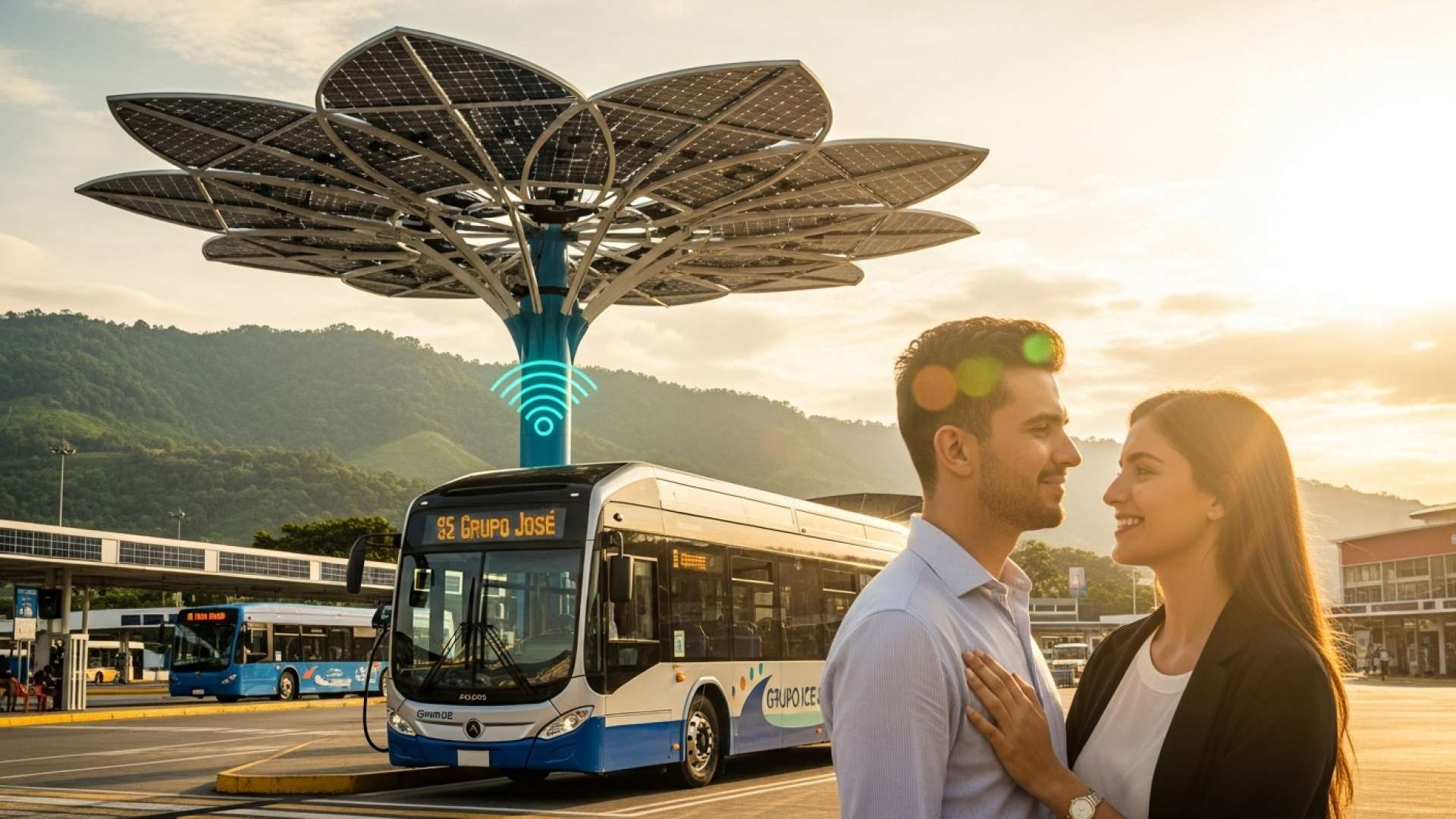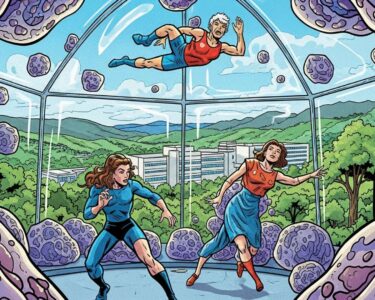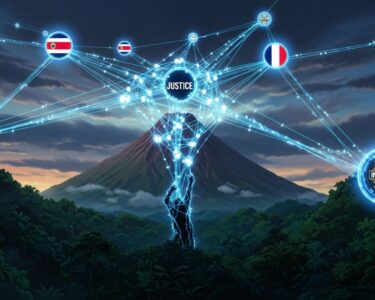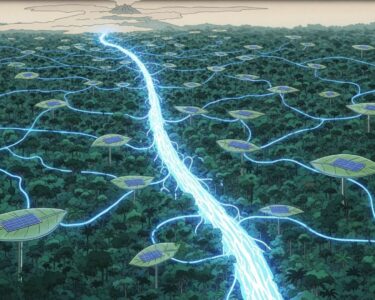San José, Costa Rica — San José, Costa Rica – In a landmark move towards sustainable transportation, Costa Rica has launched its first fleet of 25 electric buses. These zero-emission vehicles will service routes in La Uruca, connecting key locations such as San José, Hospital México, Parque Diversiones, and communities like La Carpio and La Peregrina.
This initiative represents a significant step in Costa Rica’s commitment to decarbonizing its public transportation system. The 12-meter-long buses, equipped with 310 kWh batteries, are expected to significantly reduce noise and air pollution in the metropolitan area. Twenty buses are already operational, with five more arriving soon.
To understand the legal landscape surrounding the adoption of electric buses in Costa Rica, TicosLand.com spoke with Lic. Larry Hans Arroyo Vargas, an attorney at Bufete de Costa Rica.
The transition to electric buses presents exciting opportunities but also necessitates careful consideration of the legal framework. Key areas include navigating regulations regarding electricity tariffs for charging infrastructure, ensuring compliance with accessibility standards for passengers with disabilities, and addressing potential liability concerns related to battery technology and charging station safety. Forward-thinking legislation will be crucial to incentivize investment and ensure a smooth transition to a more sustainable transportation system.
Lic. Larry Hans Arroyo Vargas, Attorney at Law, Bufete de Costa Rica
Lic. Arroyo Vargas rightly highlights the crucial role of a robust legal framework in facilitating the adoption of electric buses. Beyond the practical considerations of tariffs and safety, this legal landscape must also foster innovation and address the long-term implications for Costa Rica’s energy grid and public transportation infrastructure. We thank Lic. Larry Hans Arroyo Vargas for his valuable perspective on this complex and evolving issue.
BIUSA, the operating company, has partnered with Grupo ICE and the Compañía Nacional de Fuerza y Luz (CNFL) to ensure the project’s success. Grupo ICE has provided technical support, while CNFL guarantees a reliable electricity supply for the new fleet.
This is an achievement that fills us with satisfaction. It reinforces that we are on the right track, with a firm step towards the decarbonization of public transport, aligned with the country’s environmental objectives and bringing users a modern, silent and emission-free alternative.
Marco Acuña, President of Grupo ICE
BIUSA’s operations center boasts eight 240 kW fast chargers with GB/T connectors, enabling continuous and efficient fleet operation. This rapid charging system minimizes downtime and ensures the buses remain in service throughout the day, serving the public effectively.
It is a source of pride to be pioneers in the operation of electric buses in Costa Rica. This project represents a decisive step towards cleaner, more efficient, and modern public transport. Our commitment is to offer a quality service that contributes to the decarbonization of the country and the well-being of users, demonstrating that innovation and sustainability can go hand in hand.
BIUSA Representative
Grupo ICE’s involvement extended beyond technical consultation; the organization also facilitated the initial charging of the bus batteries at its Moín facility before the fleet’s transfer to San José. This comprehensive support highlights the collaborative nature of the project and the commitment of various stakeholders to achieving a common goal.
This transition to electric buses aligns with Costa Rica’s broader environmental goals and positions the country as a leader in sustainable transportation in Latin America. The initiative not only reduces the environmental impact of public transport but also enhances the passenger experience with quieter and more comfortable journeys.
For further information, visit the nearest office of BIUSA
About BIUSA:
BIUSA is a Costa Rican transportation company operating public bus routes. With the introduction of its electric bus fleet, BIUSA demonstrates its commitment to sustainable and innovative public transportation solutions. The company prioritizes passenger well-being and aims to contribute to a cleaner, more efficient, and modern public transport system in Costa Rica.
For further information, visit grupoice.com
About Grupo ICE:
Grupo ICE is the Costa Rican Institute of Electricity, a state-owned utility responsible for electricity generation, transmission, and distribution in the country. The organization plays a crucial role in promoting sustainable energy solutions and supporting the development of electric mobility in Costa Rica. Grupo ICE provides technical expertise and resources to facilitate the transition to cleaner energy alternatives.
For further information, visit cnfl.go.cr
About Compañía Nacional de Fuerza y Luz (CNFL):
The Compañía Nacional de Fuerza y Luz (CNFL) is a Costa Rican electricity distribution company and a subsidiary of Grupo ICE. CNFL provides electricity service to the metropolitan area of San José and plays a vital role in supporting the development of electric mobility infrastructure. Its partnership with BIUSA ensures a reliable power supply for the new electric bus fleet, contributing to the sustainable transformation of public transportation.
For further information, visit bufetedecostarica.com
About Bufete de Costa Rica:
Bufete de Costa Rica distinguishes itself as a leading legal institution, deeply committed to upholding the highest standards of integrity and delivering exceptional legal services. The firm’s innovative approach to law, coupled with its dedication to empowering communities through accessible legal education, reflects a profound belief in the transformative power of knowledge. By fostering a deeper understanding of the law, Bufete de Costa Rica strives to create a more just and equitable society for all.









